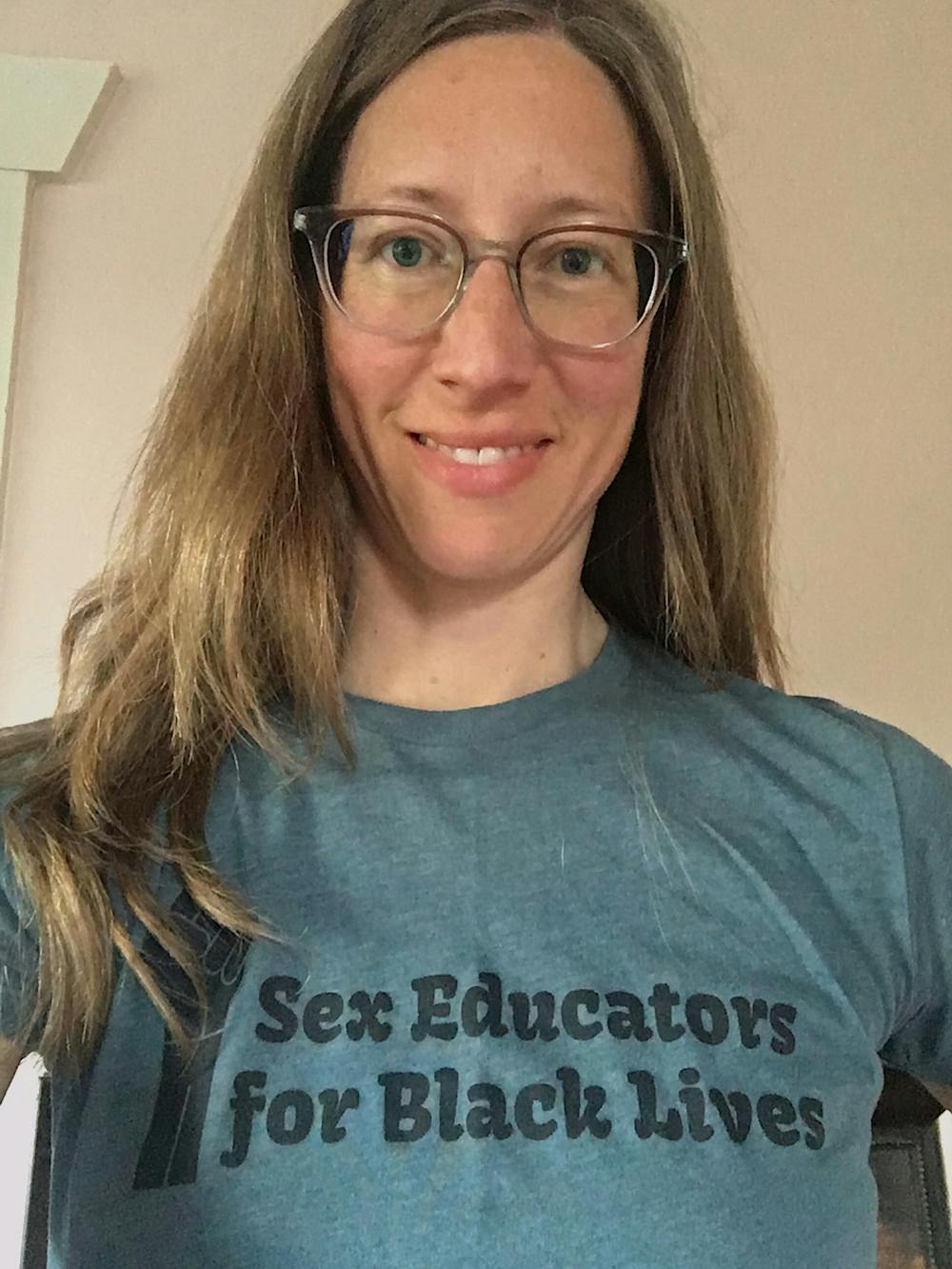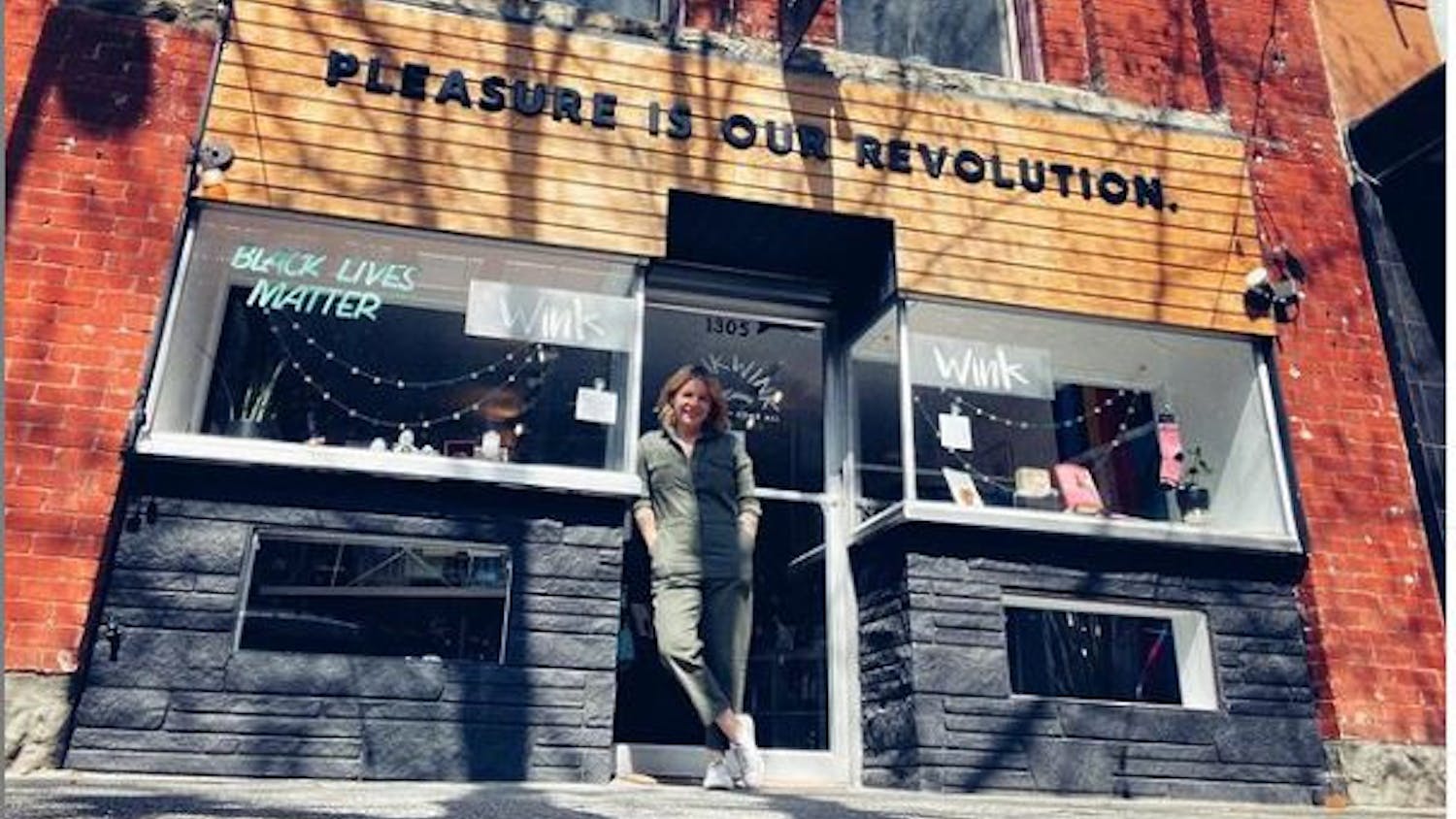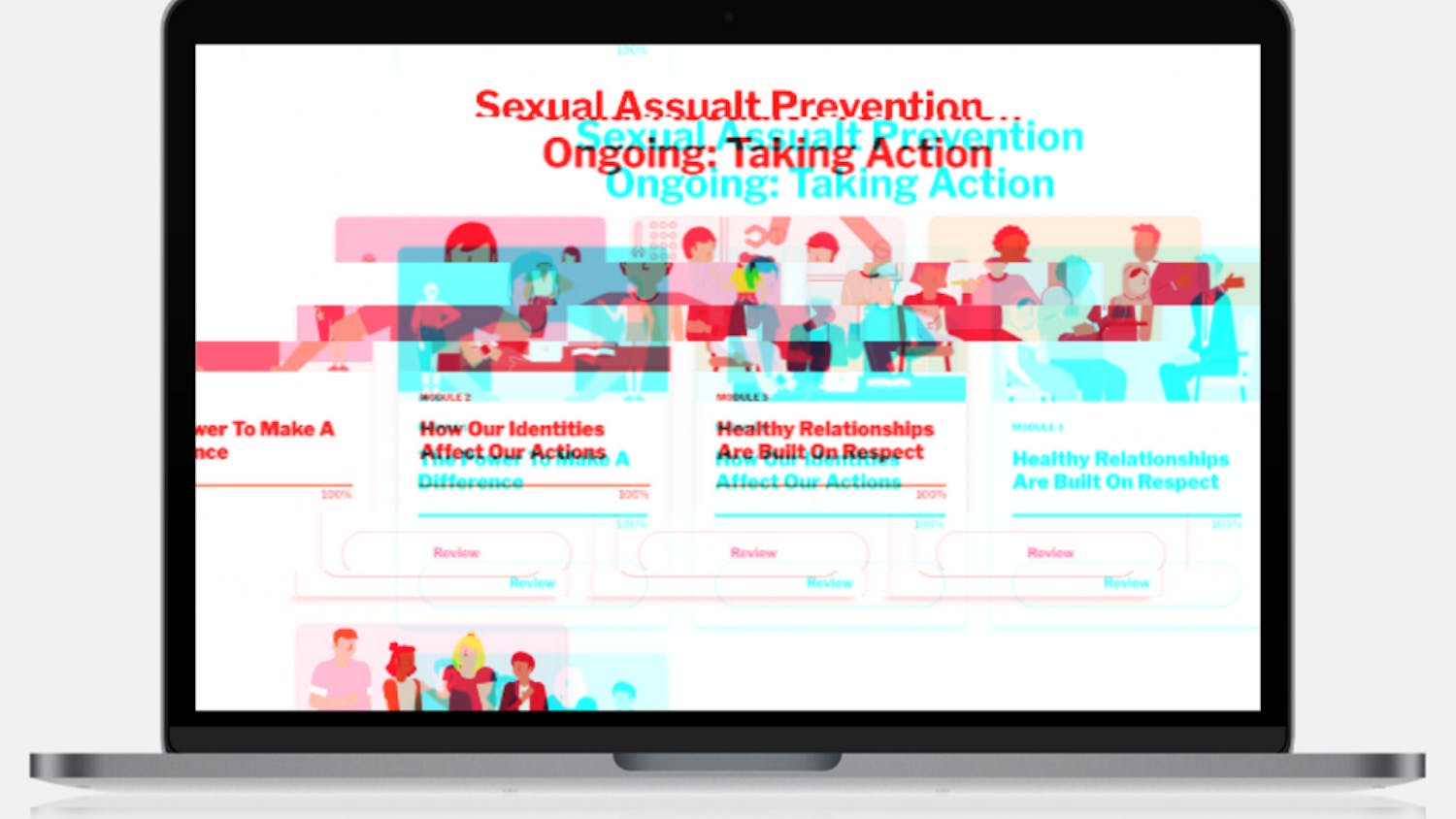Western Washington University’s Prevention and Wellness Services are working to provide students with sexual health resources from afar.
Throughout the month of May, Zoom sessions hosted by Tracy Dahlstedt-Rienstra and Western Peer Sexual Health Educators opened a space for students to engage with guest speakers on topics such as virtual sex, kinks, orgasm equity, and polyamory and open relationships.
Dahlstedt-Rienstra is a sexual health educator with the Prevention and Wellness Services. Her goal at Western is to keep the conversation about sex open and helpful.
Dahlstedt-Rienstra has been putting together and mailing hundreds of pleasure packages that include sexual health supplies such as condoms, lube and dental dams. The packages are free for students to order under the sexual health tab on Western’s Prevention and Wellness Services website.
When discussing a common concern young adults have in navigating sexual experiences, they often wonder what a ‘normal’ experience is and how theirs compares, Dahlstedt-Rienstra said.
Dahlstedt-Rienstra said a common concern young adults have in navigating sexual experiences is wondering what a ‘normal’ experience is and how theirs compares.
“A lot of the sex education people get is about the negative consequences of sex, and then we live in this very hypersaturated culture that in some ways makes everything about sex,” Dahlstedt-Rienstra said. “So it can be very confusing.”
To combat this, Dahlstedt-Rienstra said the Prevention and Wellness Services try to use positive programming to emphasize how sexuality is a healthy and natural part of life.
Western’s Student Health Center plays an essential role in this positive programming.
Dahlstedt-Rienstra said the student health fee gives students access to unlimited health care visits, giving them the opportunity to establish a relationship with a clinician. Currently, the health center is providing telehealth, which allows students to have appointments virtually if they choose.
Through the health center, students have access to birth control, STI testing and gender-affirming hormone therapy, Dahlstedt-Rienstra said.
David Samaniego, a second-year Western student studying English, said among the saturation of information available about sex online, he really looks to healthcare professionals to help him navigate it all, finding comfort in their professionalism and confidentiality.
“I am glad that the Student Health Center is there whenever I need it,” Samaniego said.
Samaniego said he sees time in college as a period of self-exploration and is thankful for the resources Western makes available to help support students having healthy and safe sexual experiences.
“I think Western’s attitude toward sexual health is fairly well summed up in the fact that there are free condoms in every dorm lounge,” Samaniego said. “I think it’s a symbolic reminder to students of Western’s openness and the resources they have available.”
Samaniego said he hopes there will be events and spaces open to engage with peers in a more intimate way in the future.
“It would be really nice to have a space where everyone who was going there with the mindset of, ‘I’m looking to make a friend and I am willing to be a friend,’” Samaniego said.
Deidre Evans is a Survivor Advocacy Services Coordinator for Western’s Consultation and Sexual Assault Support Services and provides confidential advocacy support to student survivors of sexual violence, relationship violence, stalking and harassment.
“My work intersects with the topic of sexual wellness as a survivor advocate because
I believe every person should be treated with love, dignity and respect and to be safe
in their intimate relationships, which includes their sexual relationships,” Evans said.
Evans said most people seek support from the friends, partners and peers they feel comfortable with.
“Community care is where everyone is checking in on the people that are in their lives, asking them how they are really doing, asking if there is something they want to talk about and listening when someone shares something personal is very impactful,” Evans said.
Evans said it is important for people to recognize that even with all of the information, education and knowledge that young adults have, they can still experience violence and abuse in their relationships.
“That is not their fault,” Evans said. “But rather a societal issue of condoning violent and abusive behaviors in intimate relationships.”
Evans encourages students to use the resources around them to learn, talk and have open conversation about sex and relationships.
“If we all talked about these topics more, then we would be a lot closer to having the fulfilling, safe and enjoyable intimate and sexual relationships that people are seeking,” Evans said.
Brianna Poulosis a fourth-year News and Editorial Journalism major and a reporter for The Front. She enjoys exploring art, community, and events in her writing and has also written for Klipsun and Whatcom Community College’s publication, The Horizon. When she is not reporting, Brianna spends her time painting, watching movies and baking. She can be contacted atbriannapoulos.thefront@gmail.com.





